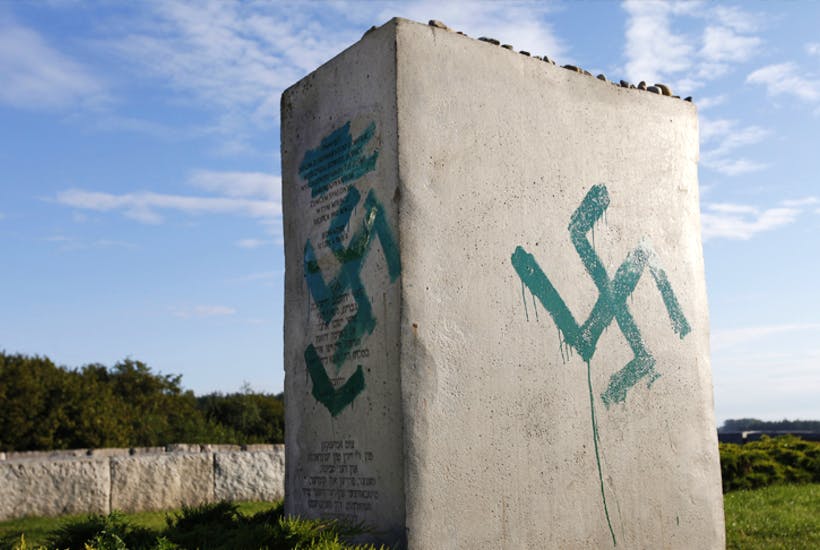On June 30, 2020, the European Commission updated its Financial Transparency System (FTS) with details about grants to non-governmental organizations (NGOs) authorized in 2019.1
NGO Monitor’s analysis of this information shows that in 2019, the EU authorized 32 grants totaling €30.1 million for projects listed under “Palestine” and an additional 9 grants totaling €3.3 million for projects listed under “Israel” involving Israeli NGOs and human rights. Of these:
- At least 3 grants totaling €5.8 million involve Palestinian NGOs with ties to the Popular Front for the Liberation of Palestine (PFLP), an EU-designated terrorist group. This is in addition to at least €31.2 million that the EU authorized in 2011-2018 to NGOs with ties to the PFLP. (See NGO Monitor’s report “EU Funding to Terror-Linked Palestinian NGOs Since 2011.”)
- Seven grants totaling €11.8 million for projects on Jerusalem; some are clearly related to the EU’s highly politicized “strategic approach”, namely the “urgent need to preserve the Palestinian identity of EJ (East Jerusalem).” Of note, one grant seeks to “protect Islamic and Christian Waqf2 religious and cultural heritage properties against Israeli violations and threats.”
- Seven grants totaling €6 million claiming to advance peace or protect human rights. The Palestinian NGO grantees promote hateful antisemitic conspiracy theories and/or glorify terror.
- At least 3 grants totaling €1 million aim to directly to influence Israeli democracy. The EU supports highly politicized NGOs to influence Israeli public attitudes on the conflict, to lobby public officials, and to intervene in the legal system.
- The intended beneficiaries of EU funding to Israeli NGOs for human rights projects are mainly Palestinians (5 of 9 grants, totaling €1.87 million). With few exceptions, in 2019, the EU did not direct funds to tackle human rights issues affecting Israeli citizens.
- Relatedly, the overwhelming majority of funding to organizations claiming to promote human rights are for political initiatives related to the Israeli-Palestinian conflict (6 of 9 grants, totaling €2.47 million). This indicates that the EU views its engagement with human rights in Israel, the West Bank, and Gaza strictly through the filter of the conflict, not an objective appraisal of a diverse range of human rights challenges.
- Many of the EU’s NGO grantees in 2019 have repeatedly received funding for similar projects, again illustrating the closed circle of funders and recipients.
Read full Analysis, Click here.









